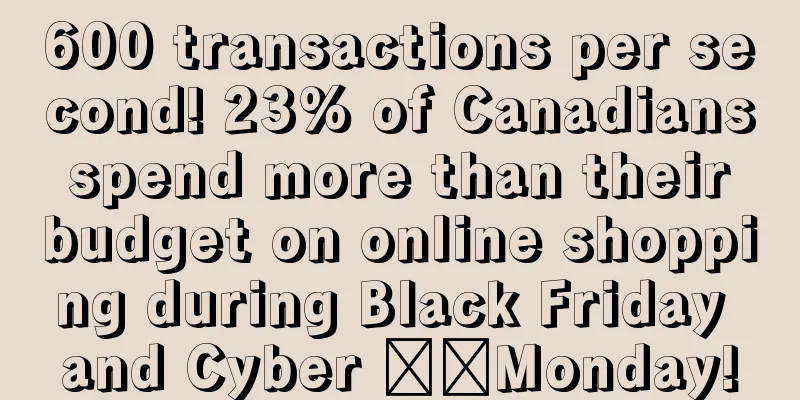Promise me! Don’t use these sensitive words in Amazon internal messages!

|
In order to prevent sellers from contacting buyers on the site and guiding buyers to leave positive reviews through gift cards and other benefits, Amazon implements a strict inspection strategy for sensitive words. Once sensitive words are found, Amazon will ruthlessly take measures to give you a small red flag warning, or even seriously close your store. As Amazon continues to iterate, it has also strengthened its review of in-site messages. Many common English words that sellers are familiar with have also been listed as sensitive words. Once used and retrieved by the system, it is likely to cause the account to be warned! For this purpose, Zhaodanmao has compiled the most common sensitive words in Amazon’s in-site messages. Since the content is large and important, it is recommended that you save it for your own use or forward it to the operation customer service to avoid using sensitive words when replying to customers! Sensitive words that must not appear in in-site messages review/evaluation / comment / feedback / rating / star positive / negative / critical / bad / level / appraise amend / change / modify / alter / withdraw / retract / edit / remove / delete update / revise / erase / cancel / wipe out Especially when it comes to “review” “feedback” “rating” The platform will be particularly sensitive when it comes to words related to evaluation. Words that can be used with caution:Although the above words are prohibited, we can still avoid risks through some clever methods. Here are some alternative words for reference: share your experience re-share your experience make your experience disappear adjust shopping experience reassess the product When using these words, it is recommended to add a space between "re-share" and "experience", use a hyphen, or misspell them, such as "sha*re" "re-sha*re", "ex~per!ence". In addition, sensitive words can be replaced with some easy-to-understand and non-violation expressions: write some new word to the detailed page. This expression is easy to understand and does not violate any rules. It can be used instead of taking screenshots, etc. Replacing "review" with "share your thoughts" can avoid sensitive words. use phrases like "Hope you can be satisfied with our service" and avoid mentioning review content. In fact, there is no need to worry too much. Even if there are some sensitive words in the email, it does not necessarily violate the rules. The key lies in whether we have used interests to induce buyers to leave, modify or delete reviews. Because Amazon clearly stipulates that the act of manipulating reviews includes but is not limited to inducing buyers to modify or delete reviews through benefits. For example, tell the buyer "Change your review and I'll give you a refund" or "Leave a review and get cash back or a gift." So, how do you invite comments legally? Here are some tips from Zhaodanmao: 1. Use Amazon’s default template 📄Use the "Buyer Reviews" function in the backend to contact the buyer using the default template provided by Amazon. Or select [Other] to send a message to establish initial communication. 2. Send custom emails 📧After establishing initial communication, you can send an email of your own, asking the buyer about their experience with the product, and promptly apologize and explain to dissatisfied buyers, while providing refund or reissue options. 3. Follow up contact 📞After a refund or reissue, continue to contact the buyer to confirm whether they have received the refund or the replacement is in good working order. 4. Multiple reminders 🔔If the buyer doesn’t respond, you can contact them multiple times to remind them to address the review issue. Repeated reminders can increase the chances of the buyer responding. Important reminder: When we contact buyers or invite them to leave reviews, we must be careful with our words, avoid using sensitive words, and strictly abide by Amazon's rules and policies.Communicating with buyers in a compliant manner can not only maintain a good seller image, but also improve buyers' satisfaction with products and services. By following these steps, you can legally invite buyers to leave reviews while avoiding crossing Amazon's red line. I hope that this list of sensitive words on the site can help you avoid pitfalls during operations! |
<<: Amazing! Amazon has made new moves, and sellers have new black technology!
>>: Amazon Clearance Scam Service Providers, expose them as soon as you see them!
Recommend
Amazon secretly deducts money from its own employees
Recently, foreign media revealed that Amazon has ...
What is Pronto? Pronto Review
Pronto is a comparison shopping website. It is a w...
What is Cuyana? Cuyana Review
Cuyana is an emerging fashion brand from the Unite...
With annual sales of nearly 10 billion on Amazon, Anker Innovations’ 23-year report card is released!
It is learned that on April 25, Anker Innovations ...
What is CMA? CMA Review
CMA is the Certified Management Accountant (CMA) o...
Amazon may hold two Prime Days!
It is said that doing business on Amazon is like r...
What is Efficient Era? Efficient Era Review
Efficient Era is a highly integrated all-in-one to...
Discuss the impact of Amazon's delayed transactions on operating commissions. I hope everyone can verify and find the best solution. Otherwise, the commission of seasonal products will be greatly affected...
Anonymous user My C position Date range reports ex...
Amazon is working on this update!
Recently, sellers often complain in our group tha...
What is a letter of credit? Letter of credit review
A letter of credit (L/C) is a written guarantee do...
What is cukke.com? cukke.com Review
Cukke.com is a composite independent B2B platform ...
Business opportunities in the US e-commerce market! Analysis of the top 10 most popular categories last year
It is learned that GivingAssistant recently identi...
Amazon's natural traffic results have a higher priority than advertising, increasing to 18.7%!
Recently, Amazon's search algorithm has change...
What is Zhayousewang? Zhayousewang Review
Zhaoyouse.com has cooperated with more than 100 no...
What is YouTube? YouTube Review
YouTube is the world's largest video sharing w...









